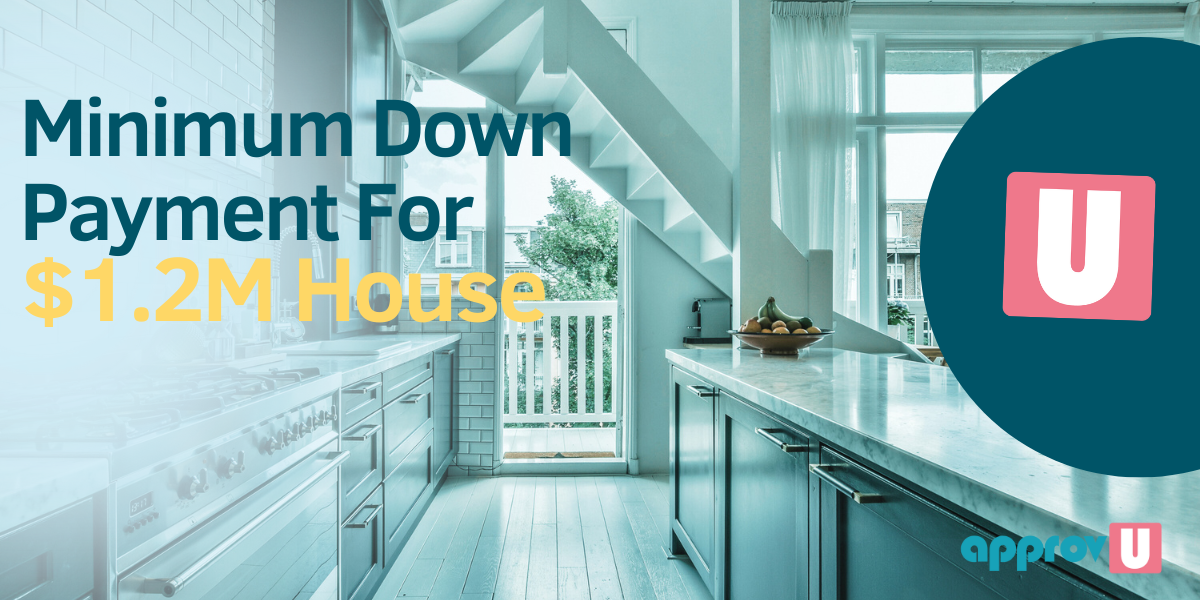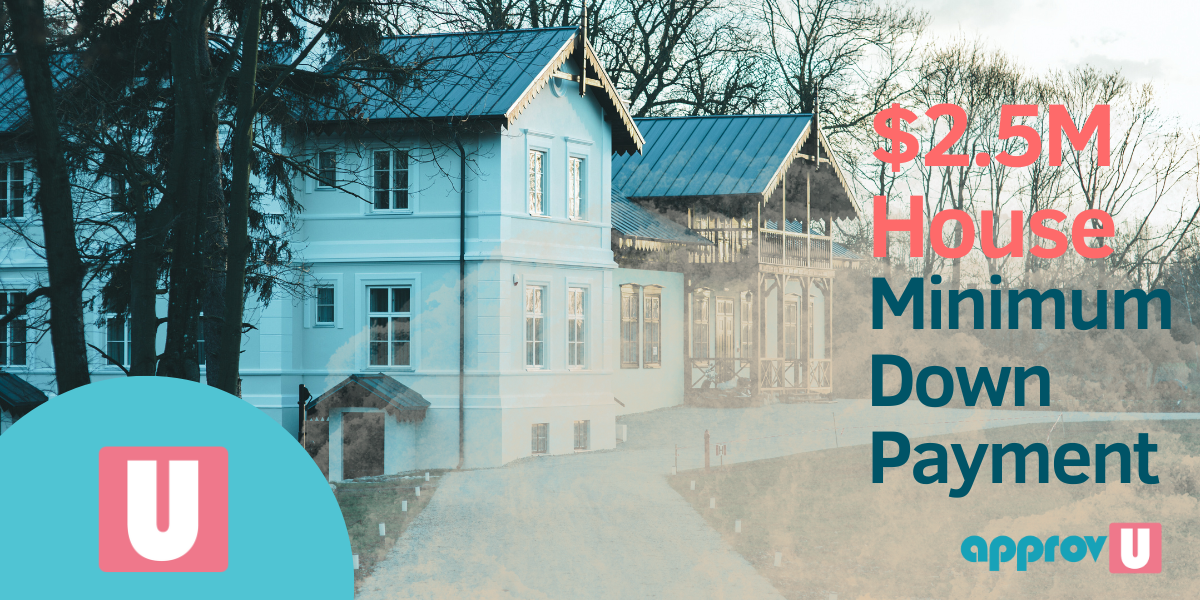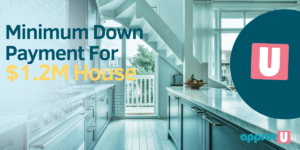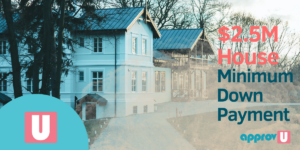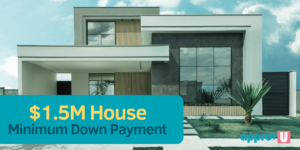So, you’re looking to buy a home and probably wondering what type of mortgage is best for you.
Well, there are two main types of mortgages to consider: fixed-rate and variable-rate.
In a nutshell, a fixed-rate mortgage has an interest rate that remains constant throughout the entire loan term, while a variable-rate mortgage has an interest rate that changes with market conditions.
Choosing the right mortgage type for your unique financial situation is crucial, as it can significantly impact your monthly payments and overall financial health.
In this article, we’ll explore the ins and outs of both fixed and variable-rate mortgages, discussing their pros and cons, so you can decide which one is right for you.
We’ll also touch on some key factors to remember when making your choice because, let’s face it, there’s no one-size-fits-all solution for mortgages.
So, grab a cup of coffee, sit back, and let’s dive in!
Fixed-rate Mortgages
First things first, let’s talk about fixed-rate mortgages.
As the name suggests, a fixed-rate mortgage has an interest rate that stays the same throughout the life of the loan. This means your monthly mortgage payment will remain constant, making it easier to budget and plan your finances.
Sounds pretty straightforward.
Pros of Fixed-rate Mortgages
Predictable Payments
One of the major benefits of choosing a fixed-rate mortgage is the predictability it offers.
Since your interest rate remains the same, you’ll always know exactly how much your monthly payment will be. This can provide peace of mind and help you budget more effectively, especially if you like stability.
Easier Budgeting
With a fixed-rate mortgage, you can breathe a sigh of relief knowing that your mortgage payment won’t suddenly increase due to a change in interest rates.
This makes it much easier to manage your finances, as you won’t have to worry about adjusting your budget to accommodate fluctuating mortgage payments.
Protection Against Rising Interest Rates
If interest rates rise in the future, you’ll be protected with a fixed-rate mortgage. Your interest rate is locked in, so your mortgage payment won’t change even if rates go up.
This can save you money over the long run if rates increase.
Cons of Fixed-rate Mortgages
Potentially Higher Initial Interest Rates
One downside of fixed-rate mortgages is that they often have slightly higher initial interest rates than variable-rate mortgages.
This is because you’re essentially “paying” for the security of having a constant interest rate throughout your loan term.
Less Flexibility
Fixed-rate mortgages don’t offer as much flexibility as their variable-rate counterparts. For example, you may face prepayment penalties if you want to pay off your mortgage faster.
It’s essential to understand the terms of your mortgage agreement to avoid any surprises.
Limited Benefit from Falling Interest Rates
If interest rates drop during the term of your mortgage, you won’t automatically benefit from the lower rates with a fixed-rate mortgage.
However, you could always consider refinancing your mortgage to take advantage of lower rates but keep in mind that refinancing comes with its own costs and considerations.
Variable-rate Mortgages
Now, let’s shift gears and discuss variable-rate mortgages. Unlike fixed-rate mortgages, variable-rate mortgages have an interest rate that can change over time, depending on market conditions.
This means your monthly mortgage payment may go up or down, making budgeting more challenging. But don’t worry. We’ll review the pros and cons to help you decide if it’s the right choice.
Pros of Variable-rate Mortgages
Lower Initial Interest Rates
One of the most appealing aspects of variable-rate mortgages is that they often come with lower initial interest rates compared to fixed-rate mortgages.
This could save you money upfront and potentially lower your monthly mortgage payment—at least initially.
Potential Savings if Interest Rates Decrease
You could benefit from lower mortgage payments if interest rates fall during your mortgage term. This means that you could pay less interest over the life of your loan, saving you a significant amount of money.
Greater Flexibility
Variable-rate mortgages typically offer more flexibility than fixed-rate mortgages. For instance, you might have the option to make additional payments without facing prepayment penalties.
This can be especially appealing if you want to pay off your mortgage faster or anticipate a boost in income.
Cons of Variable-rate Mortgages
Unpredictable Payments
The most significant drawback of variable-rate mortgages is the uncertainty they bring. Since your interest rate can change, predicting your monthly mortgage payment is harder.
This can make budgeting more challenging, especially if you prefer stability.
Harder Budgeting
As mentioned earlier, the fluctuating nature of variable-rate mortgage payments can make budgeting more difficult.
If interest rates rise, you’ll need to adjust your budget to accommodate the higher mortgage payment, which could put a strain on your finances.
Risk of Rising Interest Rates
With a variable-rate mortgage, you’re taking on the risk of rising interest rates. If rates go up significantly, your mortgage payment could increase, making it more difficult to manage your monthly expenses.
It’s important to consider your risk tolerance and financial situation when deciding if a variable-rate mortgage is right for you.
Factors to Consider When Choosing Between Fixed and Variable-rate Mortgages
Now that you have a better understanding of both fixed and variable-rate mortgages let’s talk about some key factors to consider when deciding which one is right for you.
Remember, everyone’s financial situation is different, so take the time to carefully weigh your options before making a decision.
Personal Financial Situation
Income Stability
Consider the stability of your income when choosing between a fixed or variable-rate mortgage.
If you have a steady, reliable income, you might be more comfortable taking on the risks associated with a variable-rate mortgage.
On the other hand, if your income is less predictable, a fixed-rate mortgage could provide more peace of mind.
Debt-To-Income Ratio
Your debt-to-income (DTI) ratio is important in determining your ability to manage your mortgage payments.
A fixed-rate mortgage might be safer if you already have a high DTI ratio, as it offers more predictable payments.
Credit Score
Your credit score can influence the interest rates available to you. A strong credit score might qualify for more favourable rates, regardless of whether you choose a fixed or variable-rate mortgage.
Time Horizon
Length of the Mortgage Term
Think about how long you plan to stay in your home and the length of your mortgage term.
A fixed-rate mortgage might provide more long-term stability if you plan to stay put for a while and have a longer mortgage term. However, a variable-rate mortgage might offer more flexibility if you’re considering moving or refinancing within a few years.
Plans to Sell or Refinance
If you anticipate selling your home or refinancing your mortgage in the near future, a variable-rate mortgage might be a better choice.
This is because you can potentially benefit from lower initial interest rates and may not be as impacted by fluctuations in the market.
Risk Tolerance
Comfort with Fluctuating Payments
Take a moment to reflect on how comfortable you are with the idea of fluctuating mortgage payments.
If the thought of changing payments stresses you out, a fixed-rate mortgage might be a better fit.
However, a variable-rate mortgage could be a more suitable option if you’re willing to take on some risk for the potential reward of lower interest rates.
Ability to Handle Potential Rate Increases
Be honest with yourself about your ability to handle potential interest rate increases. If a rise in interest rates would significantly strain your finances, a fixed-rate mortgage might be the safer choice.
However, if you have some wiggle room in your budget and can handle fluctuations in your mortgage payment, a variable-rate mortgage could offer potential savings.
Current and Forecasted Interest Rates
Market Conditions
Take a look at the current market conditions and interest rate trends.
Are interest rates at historic lows, or are they expected to rise? This information can help you determine which type of mortgage is more likely to benefit you in the long run.
Economic Indicators
Keep an eye on economic indicators that could affect interest rates, such as inflation and unemployment rates.
This can give you a better idea of whether interest rates will likely rise or fall in the future, which can help inform your decision when choosing between a fixed and variable-rate mortgage.
Recap of Fixed and Variable-rate Mortgages
Alright, let’s recap what we’ve covered.
Fixed-rate mortgages offer the security of a constant interest rate and predictable monthly payments, making them a popular choice for those who value stability and easier budgeting.
On the other hand, variable-rate mortgages come with fluctuating interest rates, which can lead to potential savings if rates decrease, but also carry the risk of rising payments if rates go up.
They can be a good option if you are comfortable with a little more risk and value flexibility.
At the end of the day, the decision between a fixed and variable-rate mortgage boils down to your unique financial situation, goals, and risk tolerance.
Take the time to carefully consider the factors we’ve discussed, such as income stability, debt-to-income ratio, and your long-term plans for the property.
These will all play a role in determining the best mortgage option for you.







